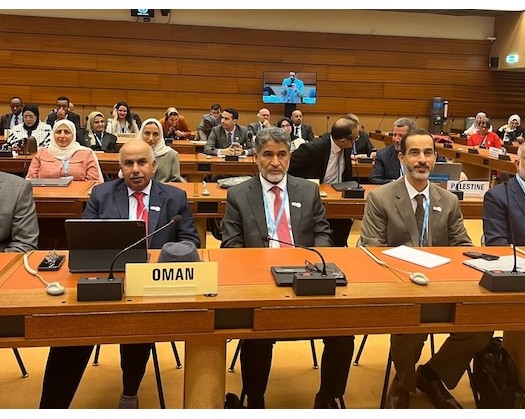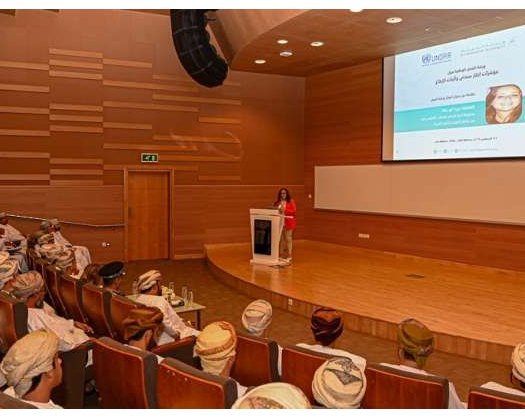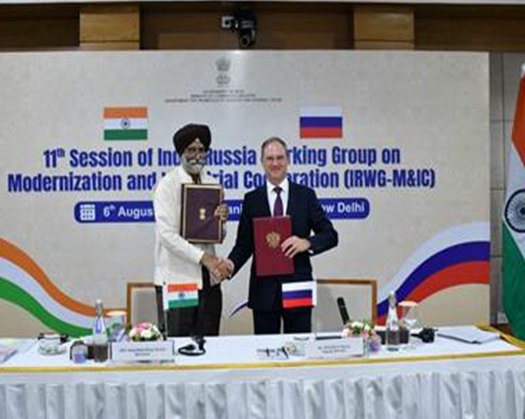Muscat: The Sultanate of Oman has been awarded a certificate of recognition from the World Health Organization (WHO) acknowledging its food products as free from artificial trans fats. Oman is one of nine countries globally and the second Arab nation to achieve this status. This accomplishment underscores its dedication to enhancing the quality of life, fostering health prevention, and improving public health metrics.
This announcement was made during the 78th World Health Assembly meeting taking place in Geneva, Switzerland, which commenced today and will run until May 27.
His Excellency Dr. Hilal bin Ali Al Sabti, Minister of Health, received the certificate of recognition.
In a statement to the press, His Excellency Dr. Hilal bin Ali Al Sabti expressed: "The elimination of artificial trans fats marks a significant milestone in our effort to promote and safeguard public health. We take pride in being among the nine leading countries in the world and the second in the Arab region to adopt this life-saving initiative aimed at eradicating this harmful element."
This accomplishment is the fruit of the relentless efforts of the Sultanate of Oman to enhance the quality and safety standards across various sectors impacting human health and to boost preventive measures for both citizens and residents, all in line with the strategic aims of Oman Vision 2040, which seeks to elevate the nation to the ranks of developed countries by emphasizing health priorities.
This success is a result of collaborative efforts between the Ministry of Health, the Ministry of Agriculture, Fisheries and Water Resources, and other relevant authorities to prohibit the use of artificial trans fats in food products.
The current World Health Assembly, themed "One World for Health," will cover a range of subjects in which Oman’s delegation will participate, including the proposed budget for the 2026–2027 biennium and the role of the Global Coordinating Mechanism in the WHO's initiatives regarding multi-stakeholder involvement in preventing and managing noncommunicable diseases, highlighted in an independent evaluation report.
Topics of discussion will also include mental health and social communication, as well as global strategies and action plans that are set to expire within the upcoming year, such as the Comprehensive Implementation Plan on Maternal, Infant and Young Child Nutrition 2021–2025, the Global Strategy for Women's, Children's and Adolescents' Health, and the Global Strategic Directions for Nursing and Midwifery 2021–2025.
The assembly will also address antimicrobial resistance, review the Intergovernmental Negotiating Body for drafting and negotiating a WHO convention or agreement on pandemic prevention, preparedness, and response, and discuss the health impacts of climate change, focusing on the WHO Global Strategy on Environmental Health and Climate Change aimed at achieving sustainable improvements in people’s lives and well-being through healthier environments.
The meeting will evaluate integrated emergency, critical, and surgical care to ensure universal health coverage and safeguard against health emergencies. Additionally, it will tackle the issues of substandard and falsified medical products, as well as global strategies and action plans nearing expiration, aligning with the Global Strategy for Digital Health 2020-2025.










